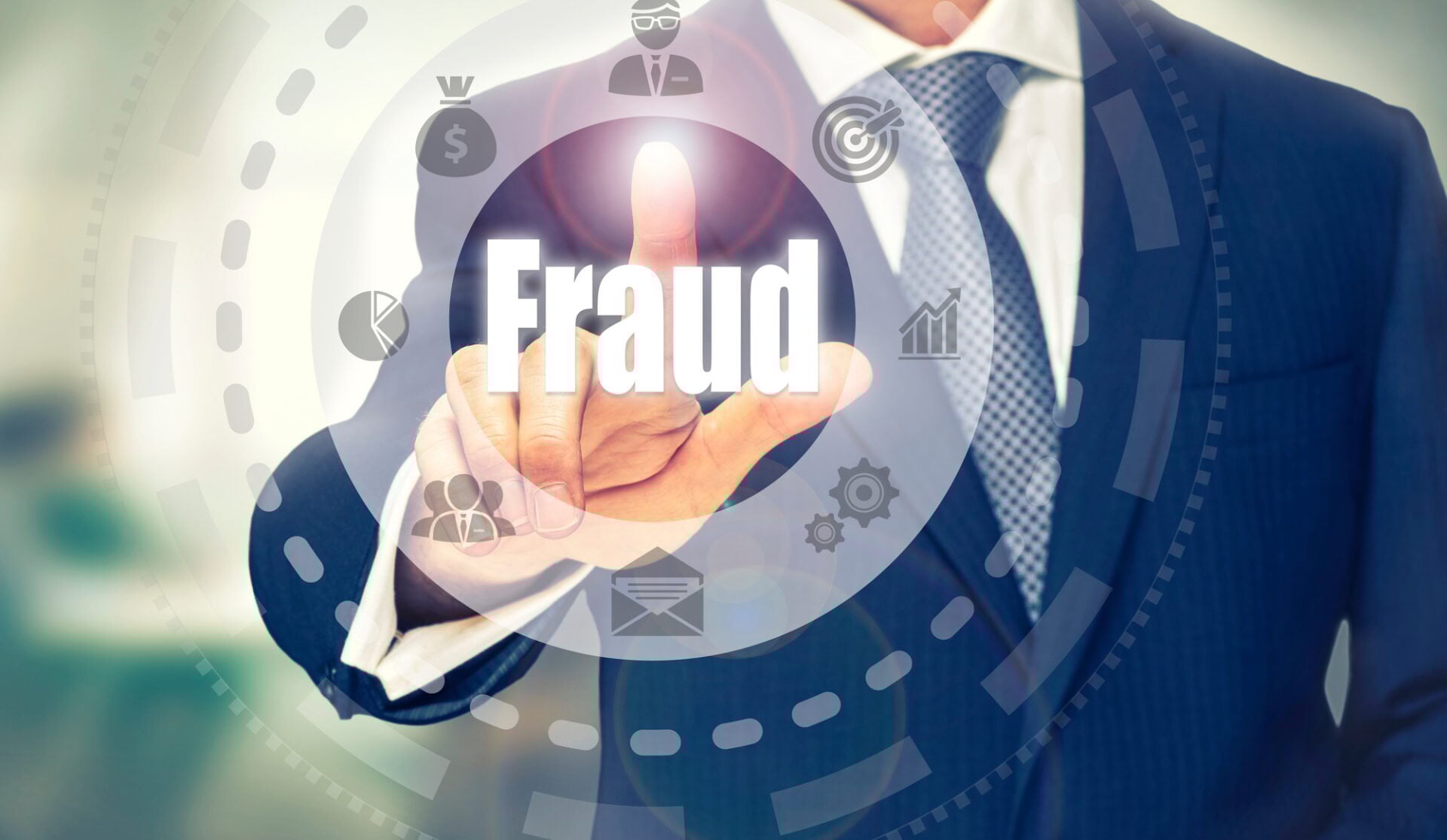What To Expect During A Small Business Fraud Case?
by Abdul Aziz Mondal Small Business Published on: 20 April 2018 Last Updated on: 12 May 2025

Do you believe business fraud can’t happen to you?
Businesses with fewer than 100 employees are 100 times more likely to experience fraud than larger organizations.
The average scheme can lead to a devastating $127,000 worth of losses.
If you believe your small business may be experiencing fraud, keep reading to find out what to expect.
What To Look Out For:
Employees can devise numerous ways to commit fraud, but there are a handful of common methods to watch for.
Payroll Fraud:
In nearly 27% of all cases, there are signs of payroll fraud. To prevent it, as the owner, you’re going to want to have the working knowledge of the payroll software you’re using.
Keep your payroll manager or bookkeeper in line by enforcing accountability in their monthly reports. It is your job to routinely scrutinize them.
Petty Cash Theft:
There’s nothing more notorious for getting lost in a small business than petty cash. It can occur through skimming, larceny, or fraudulent disbursement.
No matter what the source is, it will negatively impact your bottom line. You need a clean and easy-to-maintain cash monitoring process.
False Invoicing:
A method on the rise in popularity is false invoicing. It can easily occur when an employee creates fake vendors or pays a true supplier by diverting the cash into an alternate account.
In the worst cases, perpetrators can pose as legitimate suppliers and propose changes to payment agreements. Check in with your business account regularly to ensure the legitimacy of all transactions.
Invoicing, petty theft, or any other kind of fraud requires you to get in touch with an experienced attorney. It is important that a business that is facing fraud issues and practices needs to get to the bottom of the problem by hiring an expert business attorney that can help deal with and address these issues.
What Could Business Fraud Cost You?
Fraud is a crime based on concealment, making the act of determining cost almost impossible. Most organizations don’t even know they’re a victim.
Some forms of business fraud are never detected while other schemes can last for years. Unfortunately, there is no set-up organization that aims to help small businesses gather fraud-related information.
With little help out there for you, the total cost may only ever be an estimate.
Is Your Case Worthy of Protection?
Nearly 40% of small businesses indicate that they have been victimized. Alternatively, only 2% go on to report it.
This occurs largely due to the fact that organizations don’t want the information made public. It could make clients and vendors re-think doing business with them. In some cases, it can become an avenue for slander.
The implications are that the company is poorly managed or weak as a whole. Owners work hard for good publicity. It’s very easy to lose it all to these matters.
To conduct a proper fraud investigation, you’ll need a forensic accountant. The sooner it is to the act of the crime, the better.
The accountant may be able to determine what was stolen and find evidence that would allow the company to move forward into prosecution. Many owners will opt to give the employee an opportunity to come forward at this stage.
How Do You Prosecute?
Business fraud is legally defined as deception with intent. It is carried out for personal gain or to simply damage another.
Your biggest aid at this stage is the quality and availability of proof. It will determine whether to launch a civil or criminal suit.
Criminal Case:
To show that there was a violation of law, proof must be “beyond a reasonable doubt.” Only the state or federal government can decide to prosecute once the proof has been shown.
In most cases, white-collar crime will not be a priority. This is due to the timing, expense of the case, and limited availability for cases.
When this occurs, a move is made to push forward as a civil case.
Civil Case:
Instead of government control, during a civil case, an attorney is hired. The so-called burden of proof is considered less stringent.
In these cases, jury rulings do not have to be unanimous. Your case has a better chance of success.
Final Note:
A criminal conviction can mean prison time for the accused party. However, a civil judgment will only bring partial or full reimbursement of losses. There will be no incarceration for business fraud.
Although you will lose trust in your employee, many managers find a prison sentence to be harsh. It doesn’t help them clean up the mess or recover funds.
If the decision is made to prosecute as a criminal case, the investigator will need more evidence and deeper investigations. This includes using computer forensics to find deleted or encrypted files.
These special techniques will come at a considerable cost to you. It is still highly recommended that you choose a professional investigator over your own IT department to conduct such investigations.
Your IT department is not specially trained in this area. If mistakes are made, it will hurt your case. Instead, hire a Certified Computer Forensics Examiner (CCFE).
Recovering Losses:
Several challenges may inhibit your loss recovery. Determining how much was actually taken is an impossible task. As stated before, it may only be an estimate.
If the perpetrator used several business fraud schemes and methods, some funds may have already been diverted long ago. They are now unrecoverable.
Whether it was determined a criminal or civil case – or even a private agreement – the employee in question may not have the ability to pay everything back.
The best course of action is to ensure the case goes to court and hire a trained investigator and forensic account to determine all losses (if possible). Management should determine how to balance costs of prosecution and asset recovery.
Learn More:
Business fraud can kill a small business. If it doesn’t destroy your finances, it will cost you an employee or more.
Recovering lost or stolen assets is not an easy task. You’ll need all the help you can acquire. This not only includes hired help but devoting yourself to business law research.
This was only a quick view of the potential avenues you could take and how to protect yourself. Do not let yourself be victimized or taken advantage of by your own employees. Watch for the warning signs.
Read Also :



































































































